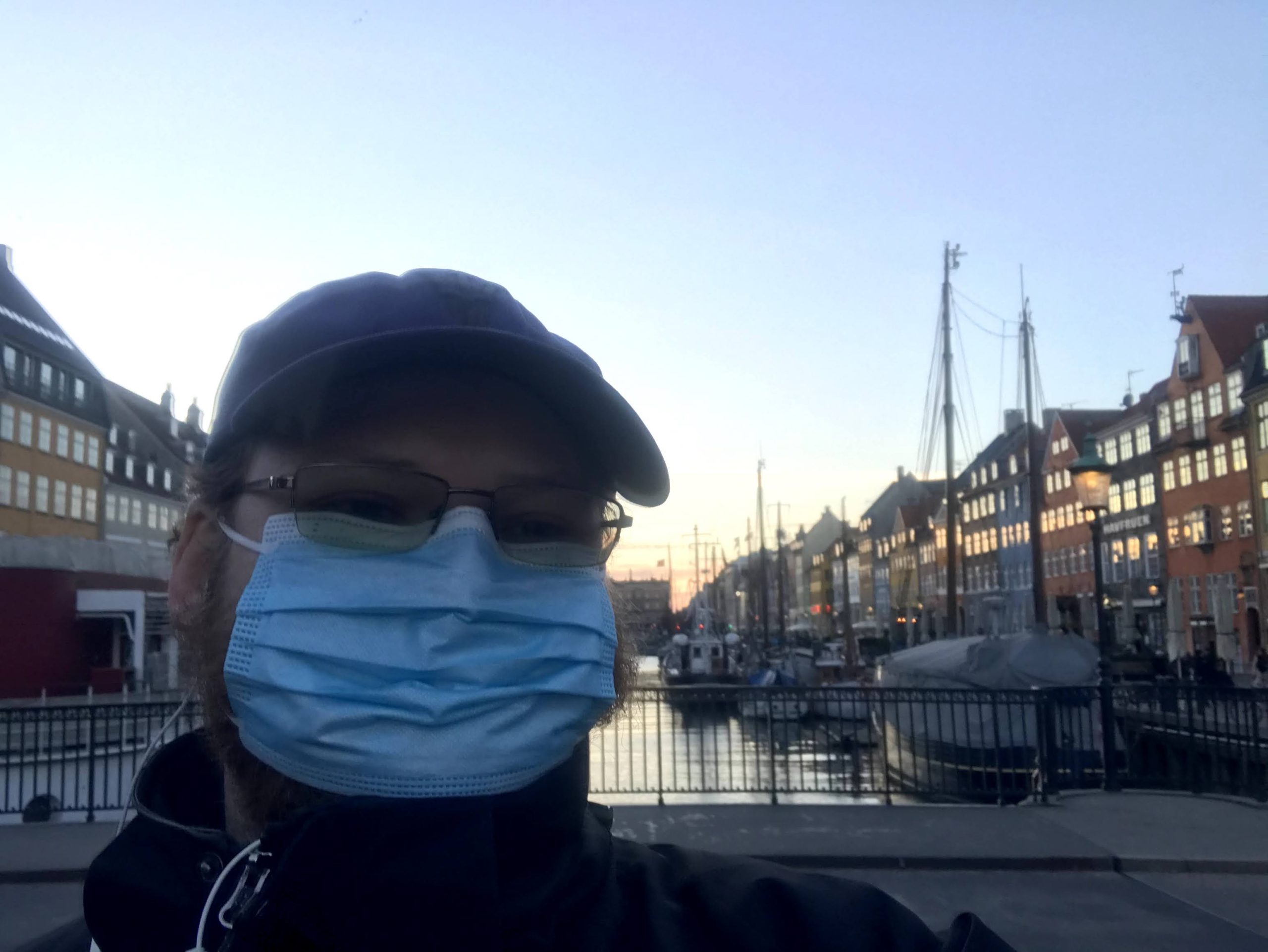Looking back at 2020, as we remain in the throes of this global pandemic, I have been fortunate to have time to reflect on the pandemic’s impacts on Indigenous Peoples.
This pandemic has been a global crisis, as we watch the latest data from around the world it is clear that it has affected millions of lives and livelihoods. But as we know, no crisis affects everyone equally. Many around the world have faced more challenges and risks than others, and among them are the Indigenous Peoples of the world.
Indigenous Peoples are the custodians of diverse cultures, languages, traditions and knowledge systems. They have a unique relationship with their lands, territories and resources, which are essential for their survival and well-being. They also have collective rights that are recognized by international instruments and declarations, such as the United Nations Declaration on the Rights of Indigenous Peoples (UNDRIP), ILO Convention 169, as well as the core human rights conventions.
Despite recognition – violations
However, these rights have often been ignored or violated by nation states and corporations, especially in the context of development projects, extractive industries, land grabbing and environmental degradation. Indigenous Peoples have also faced historical and ongoing discrimination, marginalization and violence, which exacerbate the impact of the health crisis.
The pandemic has exposed and exacerbated these existing inequalities and vulnerabilities of Indigenous Peoples. Indigenous Peoples have faced higher risks of infection, mortality and loss of livelihoods due to COVID-19. This is in part because they often live in remote areas with limited access to health care, water, sanitation and other basic services.
Moreover, the pandemic has also increased the threats to the lands, territories and resources of Indigenous Peoples, as well as the violations of their collective rights. Some states and corporations have taken advantage of the situation to advance their interests and agendas, without consulting or obtaining the free, prior and informed consent of Indigenous Peoples. For example, some governments have relaxed environmental regulations or granted permits for mining, logging or oil exploration in Indigenous territories during the pandemic – despite lockdowns and restrictions which limit policing and enforcement actions. Some companies have also increased their activities or encroached on Indigenous lands without respecting their rights or protocols.
These actions have not only endangered the health and safety of Indigenous Peoples, but also their cultural identity and spiritual values. They have also threatened the biodiversity and ecosystems that sustain life on Earth, as Indigenous Peoples are known to be the guardians of nature and the climate. As we reflect on this year of the COVID-19 pandemic, it is clear that defense of rights is critical to overcoming this global crisis.

Leave a Reply